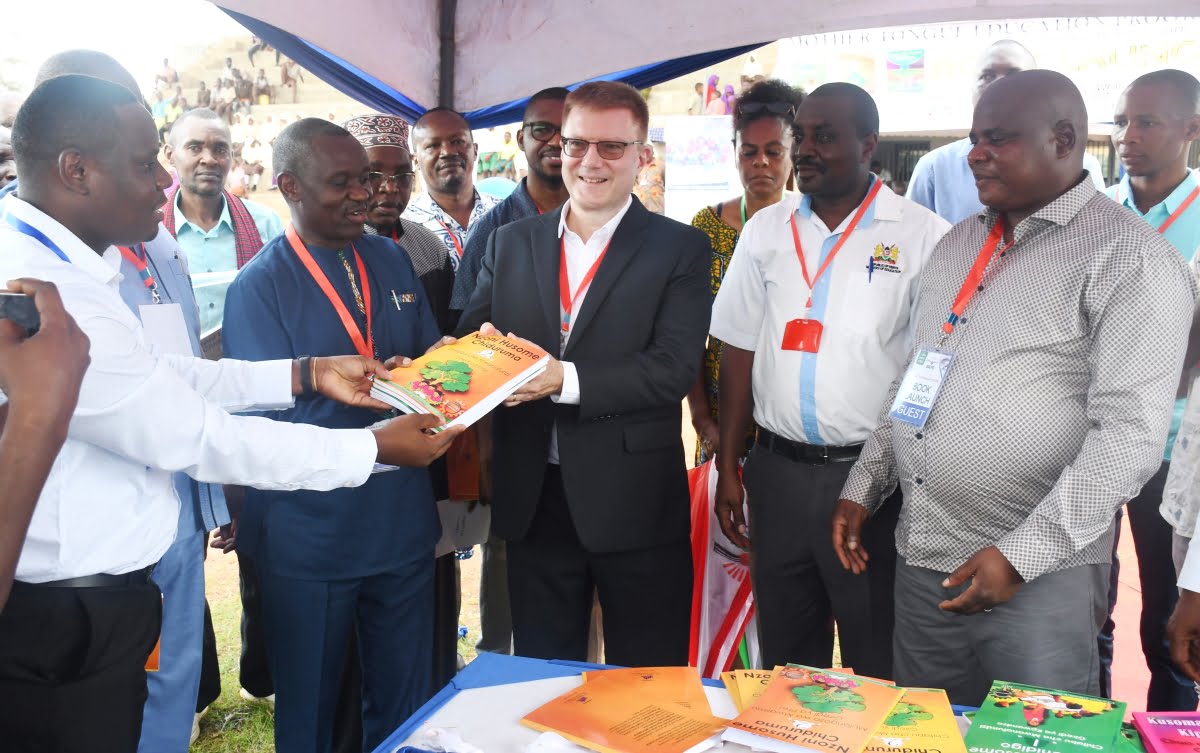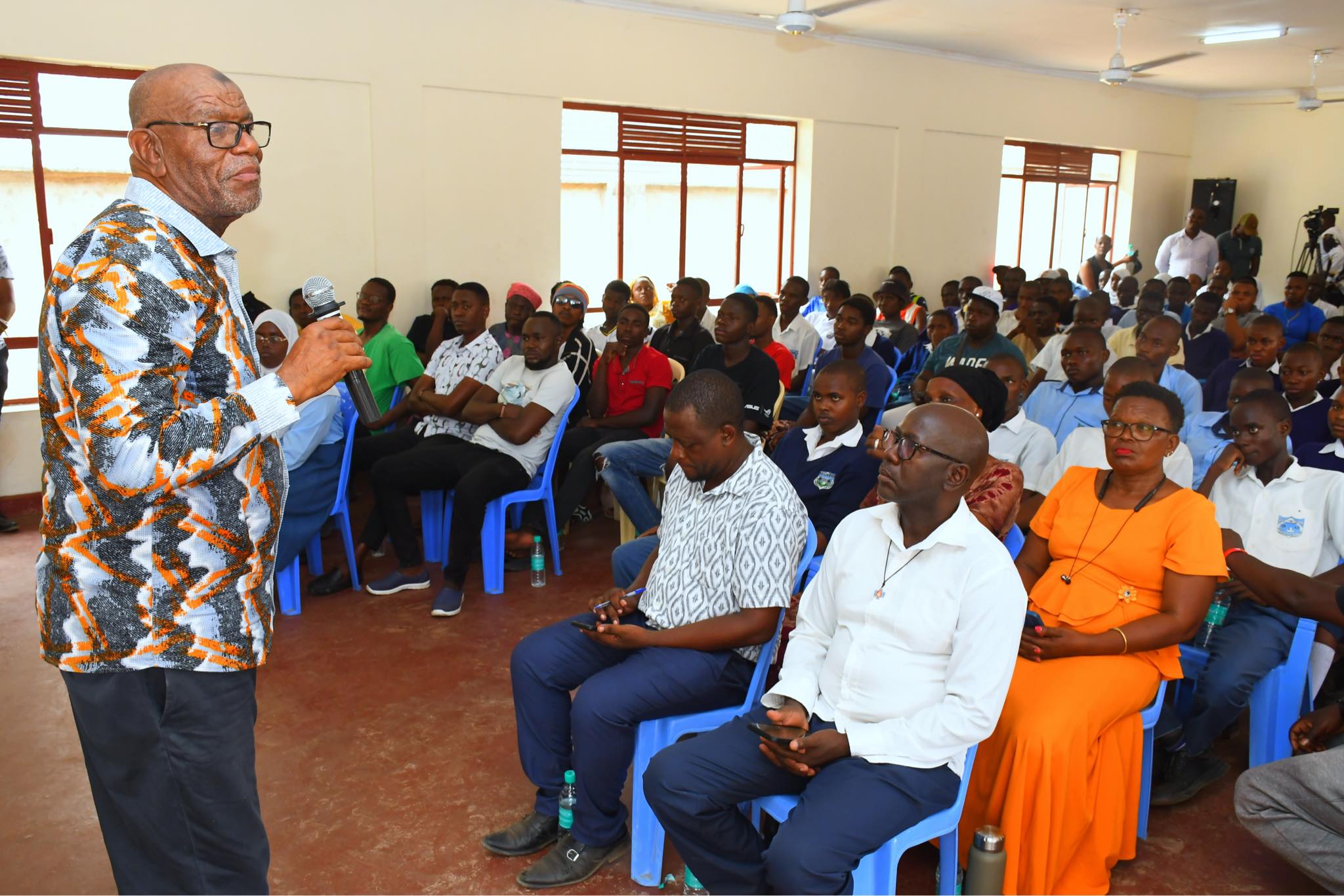By Collins Akong’o
Young children from the Digo and Duruma communities found in Kwale County and the Pokomo in Tana River County will soon read books in their mother tongue languages in schools and at homes.
This is after Bible Translation and Literacy (BTL) organization launched school books in Chidigo (Digo) Chiduruma (Duruma) and Pokomo languages during an elaborate ceremony held at the Kwale County Stadium in an initiative meant to boost first language literacy among school children in remote areas.
The organization National Director Rev. Peter Munguti said the Grades 1, 2 and 3 school books covering all the subjects have been developed under the Mother Tongue Education Programme for Indigenous Languages in Kenya (MEPIL).
He said the project is aimed at improving literacy and numeracy in learners in their mother tongue, promoting the acquisition of English as a second language before English becomes the medium of instruction from Grade 4 onwards and as a way of promoting and preserving local community languages in the new school curriculum.
Rev. Munguti noted that the books unveiled were culturally sensitive, environmentally acceptable, attractive and to the level of targeted school grades as required adding that the manuscripts were submitted to the Kenya Institute of Curriculum Development (KICD) for evaluation.
In addition, 60 education officers and about 100 teachers of grades 1-3 in Kwale and Tana River counties were trained on mother tongue teaching pedagogy for smooth take off.
He added that the MEPIL programme which commenced in 2015 is a project that advocates for use of mother tongue as the language of instruction during the early stages of learning in the Kenyan Education System, as recommended by the government education policy in the Primary School Curriculum.
The Director disclosed that they have spent the last seven years developing indigenous and literacy activity materials, training teachers and carrying out mother tongue advocacy in 18 pilot schools in Digo, Duruma and Pokomo communities.
“As a country we need to revitalize indigenous languages that have long been ignored and despised and almost lost within our culture,” he said.
Kwale Governor Fatuma Achani who attended the launch welcomed the initiative and termed the move as ‘a step in the right direction’ which if implemented in true spirit will enhance the learning capabilities of the pupils and make education a wholesome experience.
She says the move is not about the pride associated with local languages but demolishing the idea that foreign languages are the only way to learn and that learning English should not stop anyone from learning our mother tongue as well.
“As a country we should actually embrace mother tongue as a medium of instruction in lower primary education because a child understands mother tongue well and if they are instructed in that language, the transition to formal education would be smooth and easy,” she noted.
She stressed that if pupils were taught in primary schools with their mother tongue as the medium of instruction, such a move will definitely improve their education outcome later in life.






